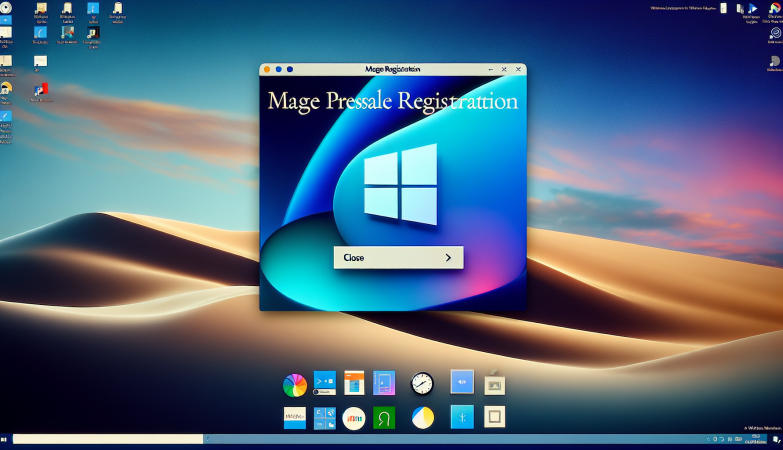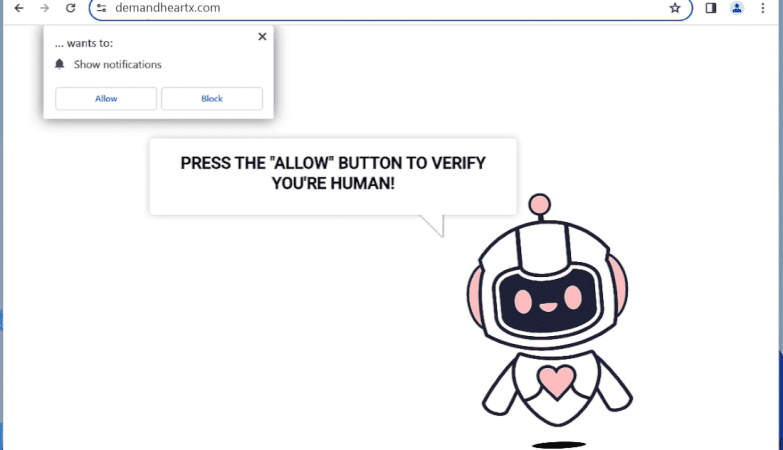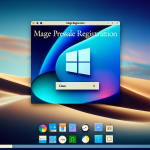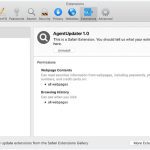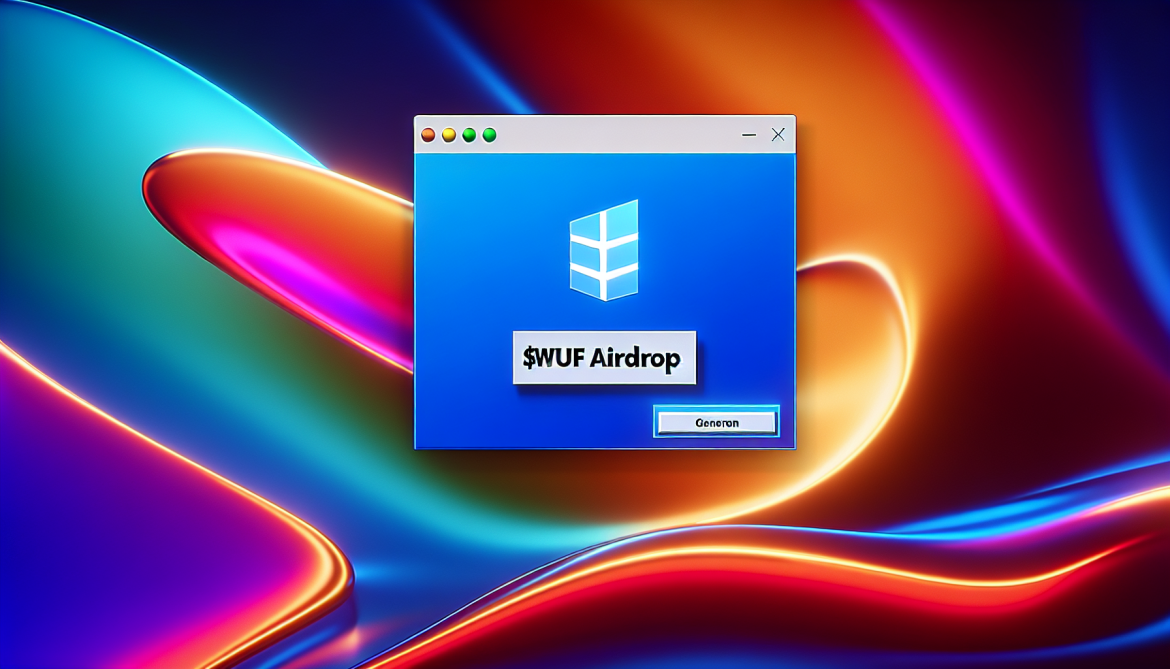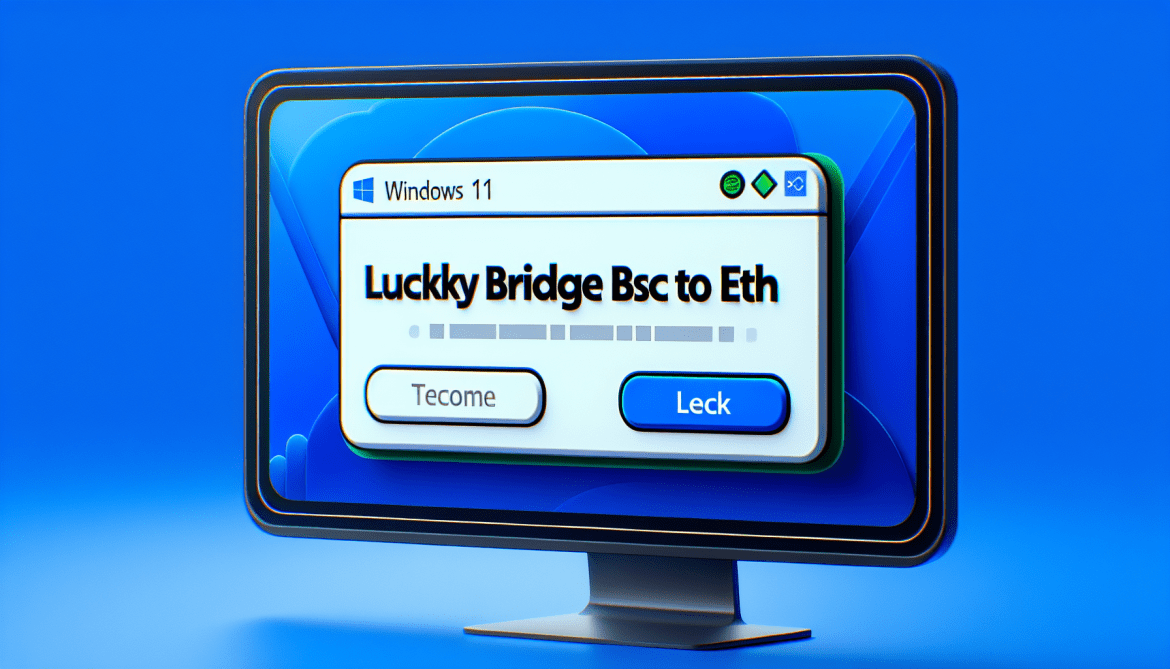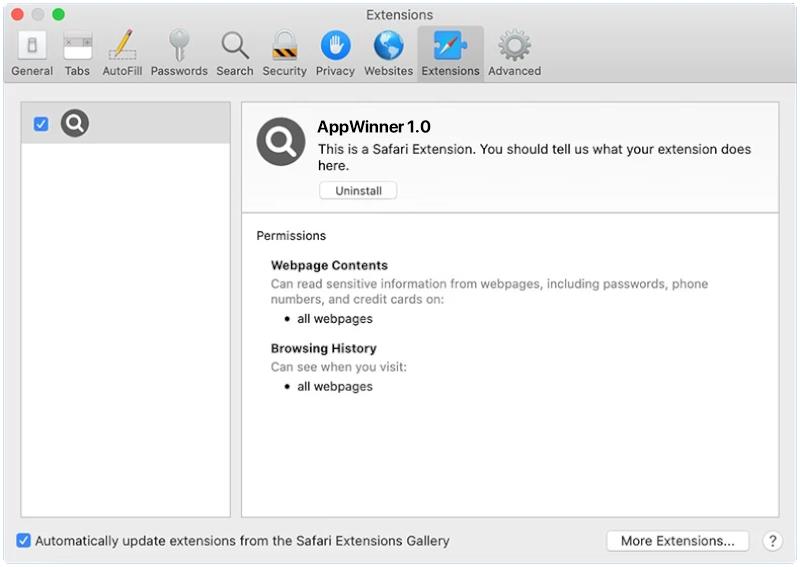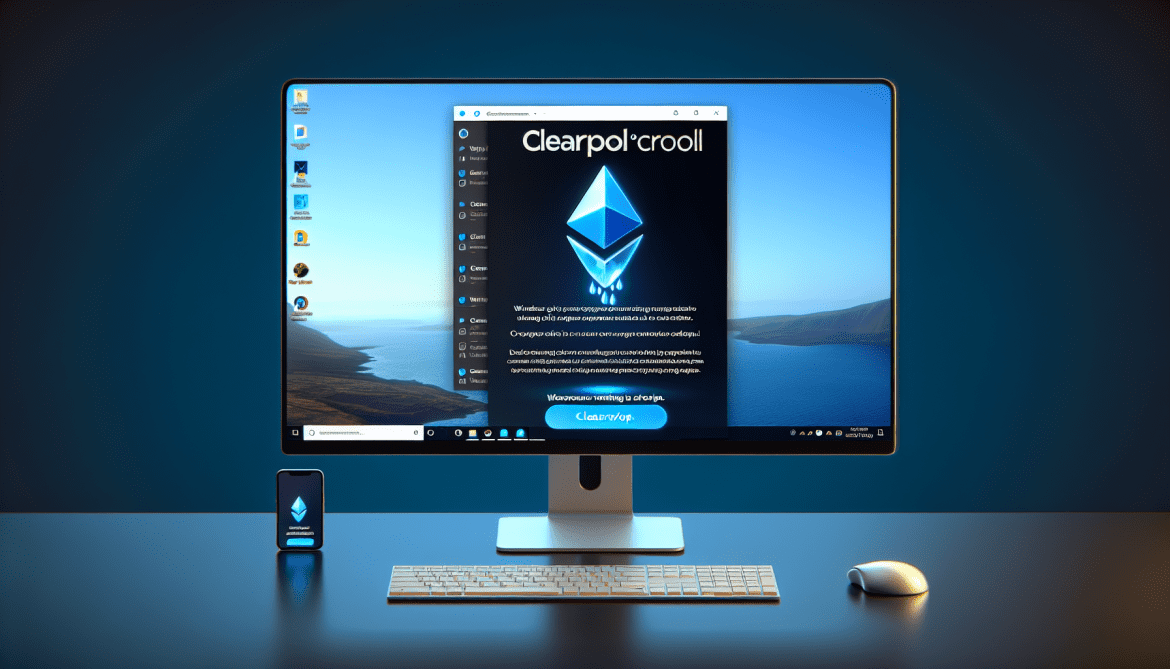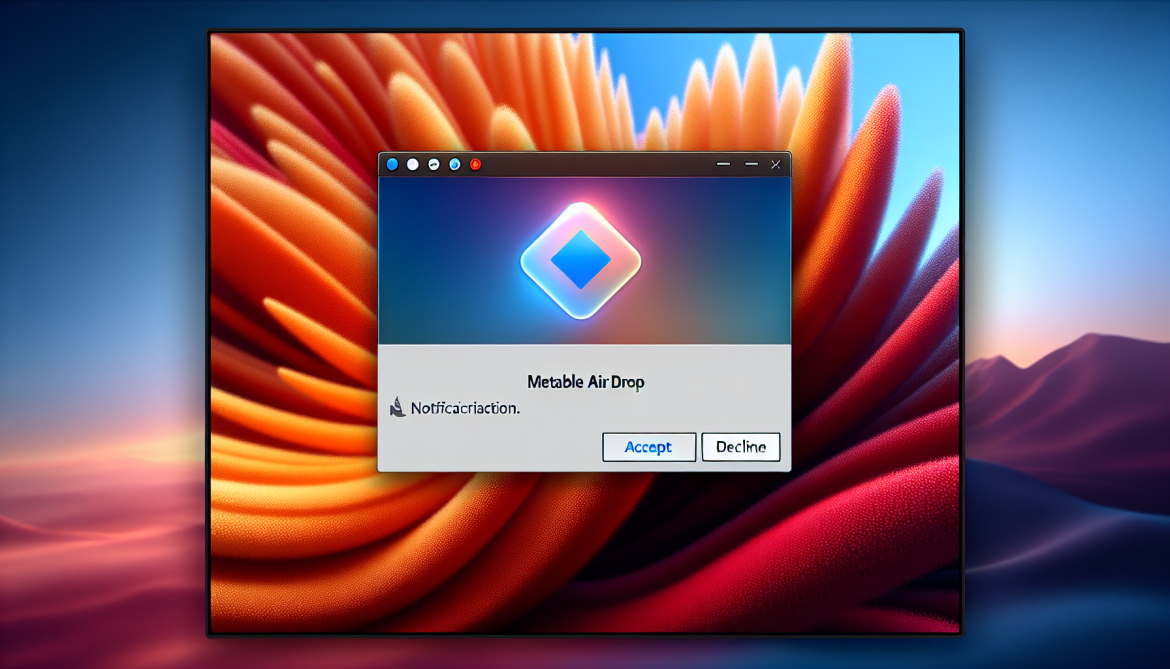How to remove $WUF Airdrop pop-ups
The $WUF Airdrop is a promotional event organized by the Wault Finance platform, where users can receive free tokens by completing specific tasks or requirements. Airdrops are a common marketing strategy used by cryptocurrency projects to distribute tokens to a wider audience and increase awareness of their project. Participants in the $WUF Airdrop may be asked to follow the project on social media, join a Telegram group, or refer friends to the platform in exchange for free tokens.
When $WUF Airdrop appears in browsers, it is likely due to targeted advertising or tracking cookies that are used to show relevant ads to users based on their browsing history or interests. Users may see pop-ups or banners promoting the airdrop event as they navigate through different websites. It is important for users to be cautious when encountering such ads and to verify the legitimacy of the airdrop event before participating to avoid potential scams or fraudulent activities.


